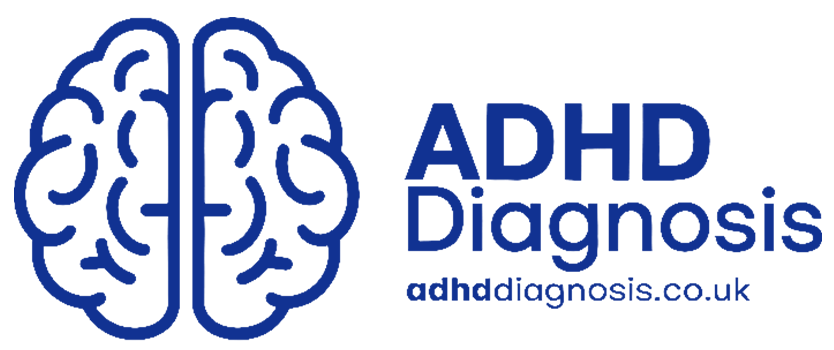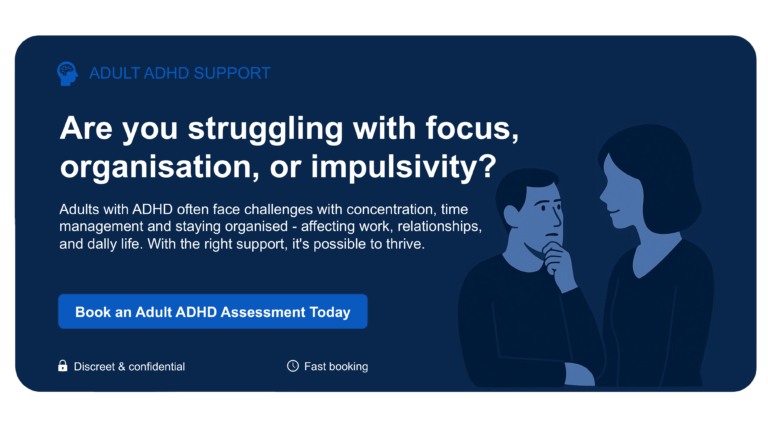Time blindness is a common yet often misunderstood symptom of adult ADHD. It refers to the difficulty in perceiving and managing time accurately, making it feel as if hours slip away unnoticed or deadlines arrive suddenly without warning.
Adults with ADHD frequently underestimate how long tasks will take, leading to chronic lateness, missed appointments, and last-minute rushes. This happens because the brain’s internal clock — responsible for estimating durations and intervals — works differently in ADHD, disrupting planning and prioritisation.

Time blindness also affects the ability to switch between tasks efficiently. Hyperfocus can cause a person to lose track of time entirely, becoming engrossed in one activity and neglecting others. On the flip side, some may feel time drags painfully slow, increasing restlessness and impatience.
These distortions create stress in both professional and personal contexts. The frustration of “running out of time” or failing to meet expectations leads to anxiety, lowered self-esteem, and strained relationships.
Managing time blindness involves externalising time as much as possible. Using timers, alarms, and visual time trackers helps make passing time concrete. Breaking work into smaller, timed segments and scheduling buffer zones between tasks can reduce the pressure of sudden transitions.
Practising mindfulness can increase awareness of time passing, helping adults become more attuned to the present moment. ADHD coaching often focuses on developing personal strategies that work with the unique experience of time in ADHD brains, rather than against it.






